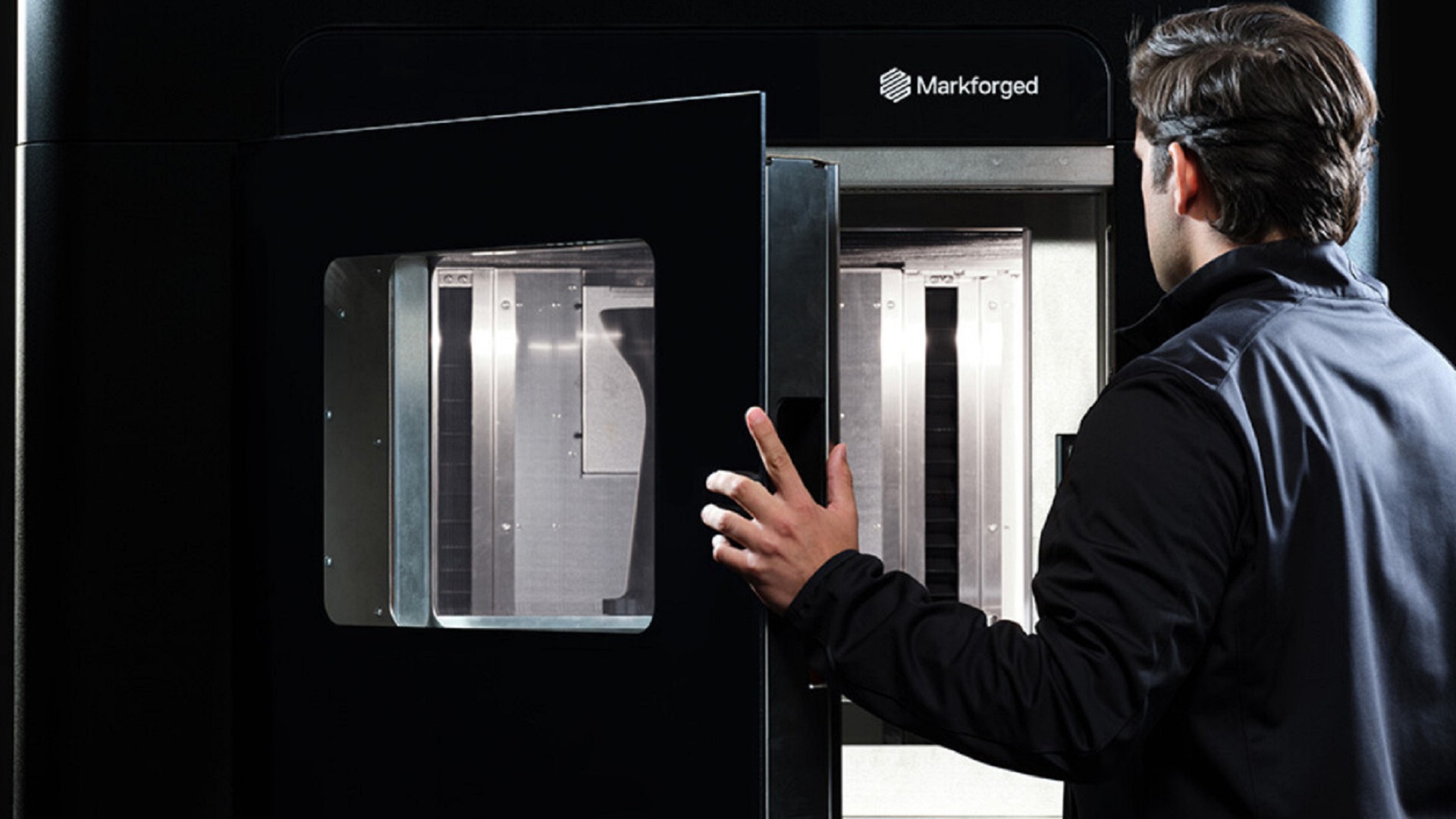Problem
KST Moschkau GmbH is a family-managed business founded in 1985. As a project system house, KST develops complex system solutions in the main business areas of Broadcast & ProAV, media technology, and AV security systems.
Within KST Moschkau, the system construction division manufactures its own extensive product portfolio of components, articles, and systems using state-of-the-art production techniques – where they’ve begun to extend their product portfolio to out-of-the-box solutions for tailored requests.
At the beginning of February 2020, KST started production on the KST-OH series, an outdoor housing for the Panasonic PTZ camera. The demand for the product exceeded their expectations, but they soon realized the current manufacturing process was not scalable for small series production. Originally, the camera housing was designed in-house and the components were outsourced to CNC shops to be machined.
Since the housing contained several Aluminum plates, iterations quickly became expensive for customizing these low-quantity orders. The process became labor and time-intensive – requiring many steps to obtain and assemble the many components for a single product. On top of that, their dependence on third parties left them with no control over shipment delays – forcing them to delay projects even further for their customers.
Solution
Rather than outsourcing the majority of their product to machine shops, the KST team took matters into their own hands. As a Markforged customer, they instantly understood how impactful the FX20 could be on their supply chain.
Implementation
By using the FX20, KST was able to print 3 components on a single print bed – 525x400x400 mm. On a smaller machine, they would have had to print fewer parts per build, and split up some of their larger designs into multiple parts.
Outcome
Printing housings on the FX20 lowered costs and accelerated production immensely – giving them more flexibility to prototype and iterate on designs before delivering to customers. The excellent surface finish and the toughness of Onyx helped them keep the highest quality standard for their products. The housing was not visibly different than its aluminum counterpart after post-processing. In fact, the only real difference was the slightly lighter weight. This new method of manufacturing guaranteed the housing to withstand harsh outdoor weather conditions such as rain, UV rays, and extreme temperature variations.

